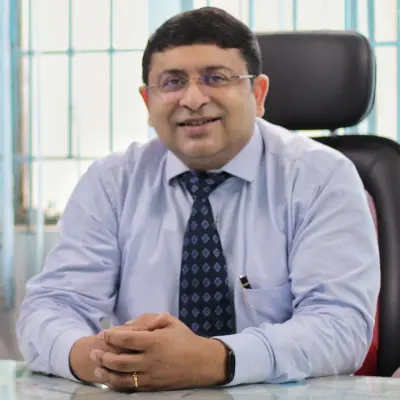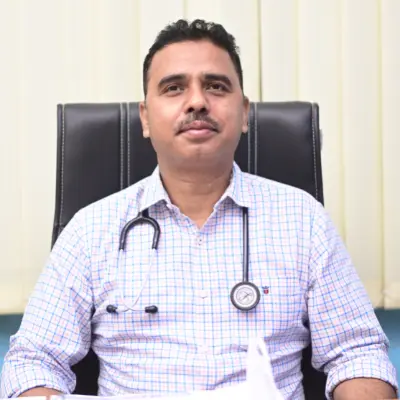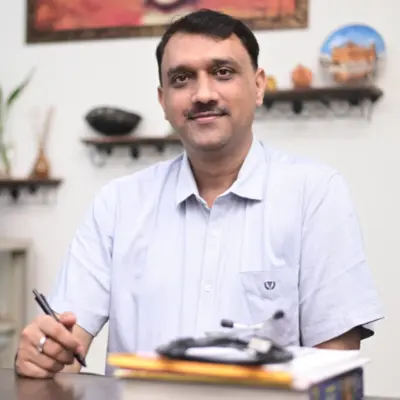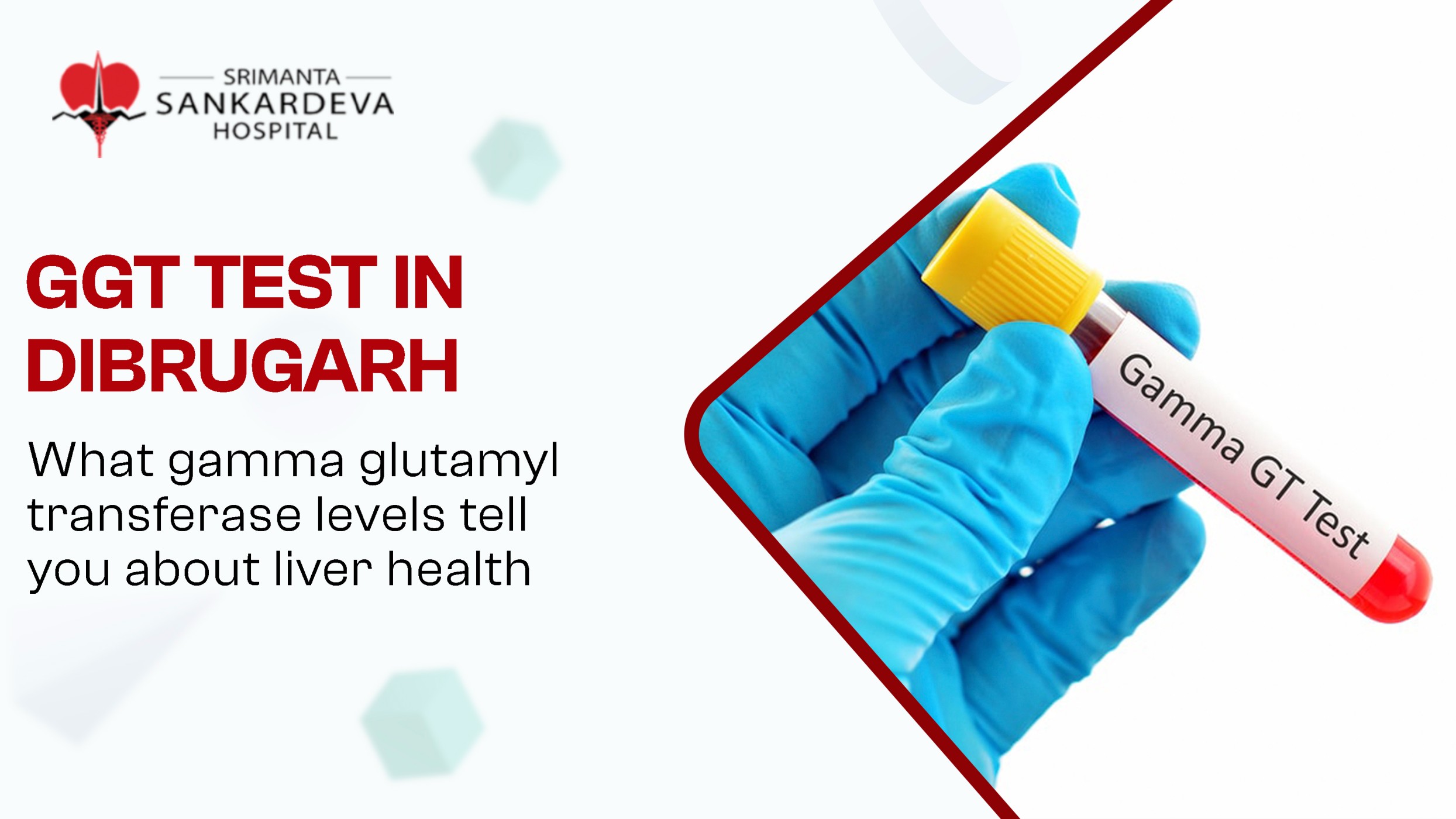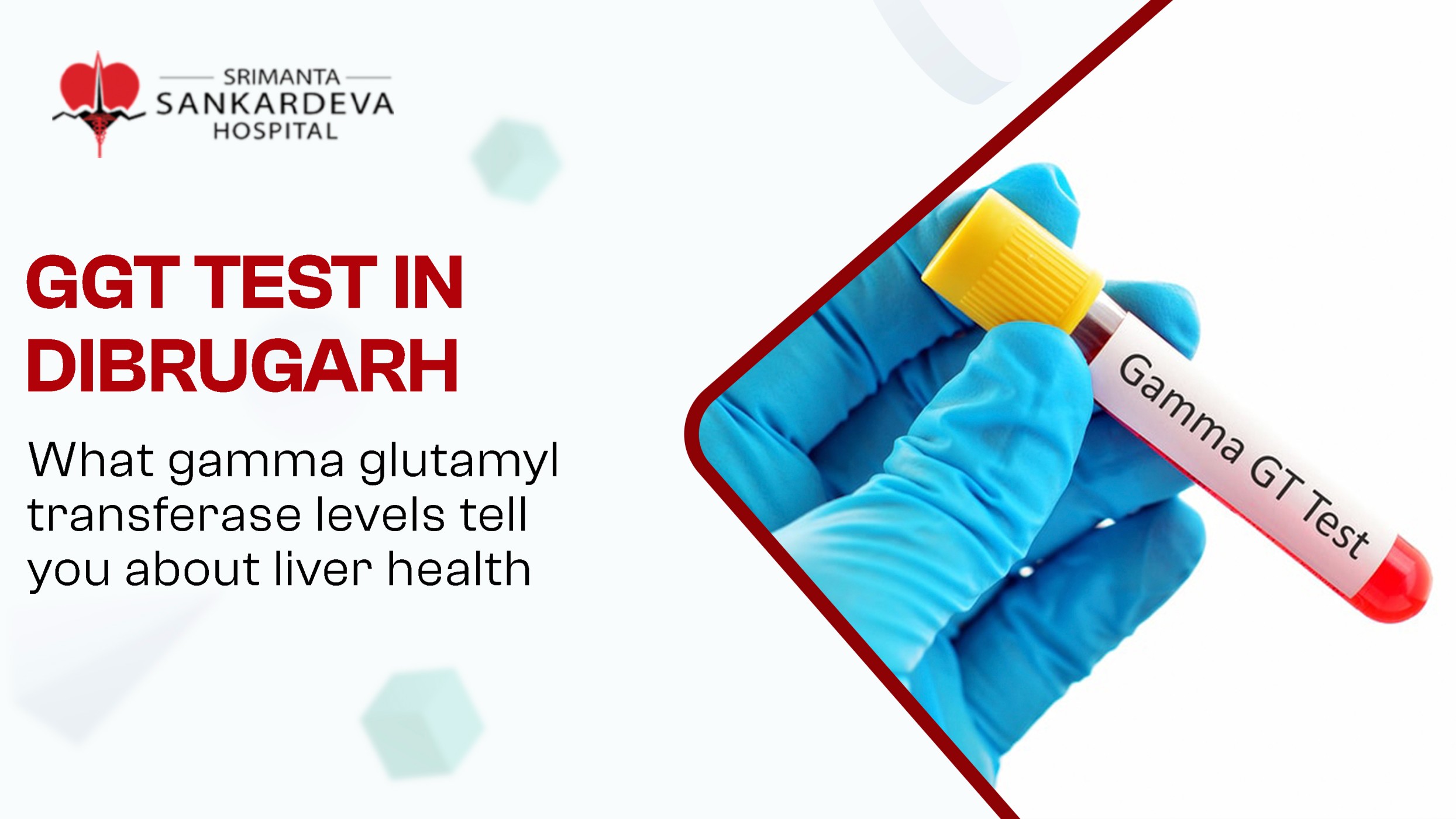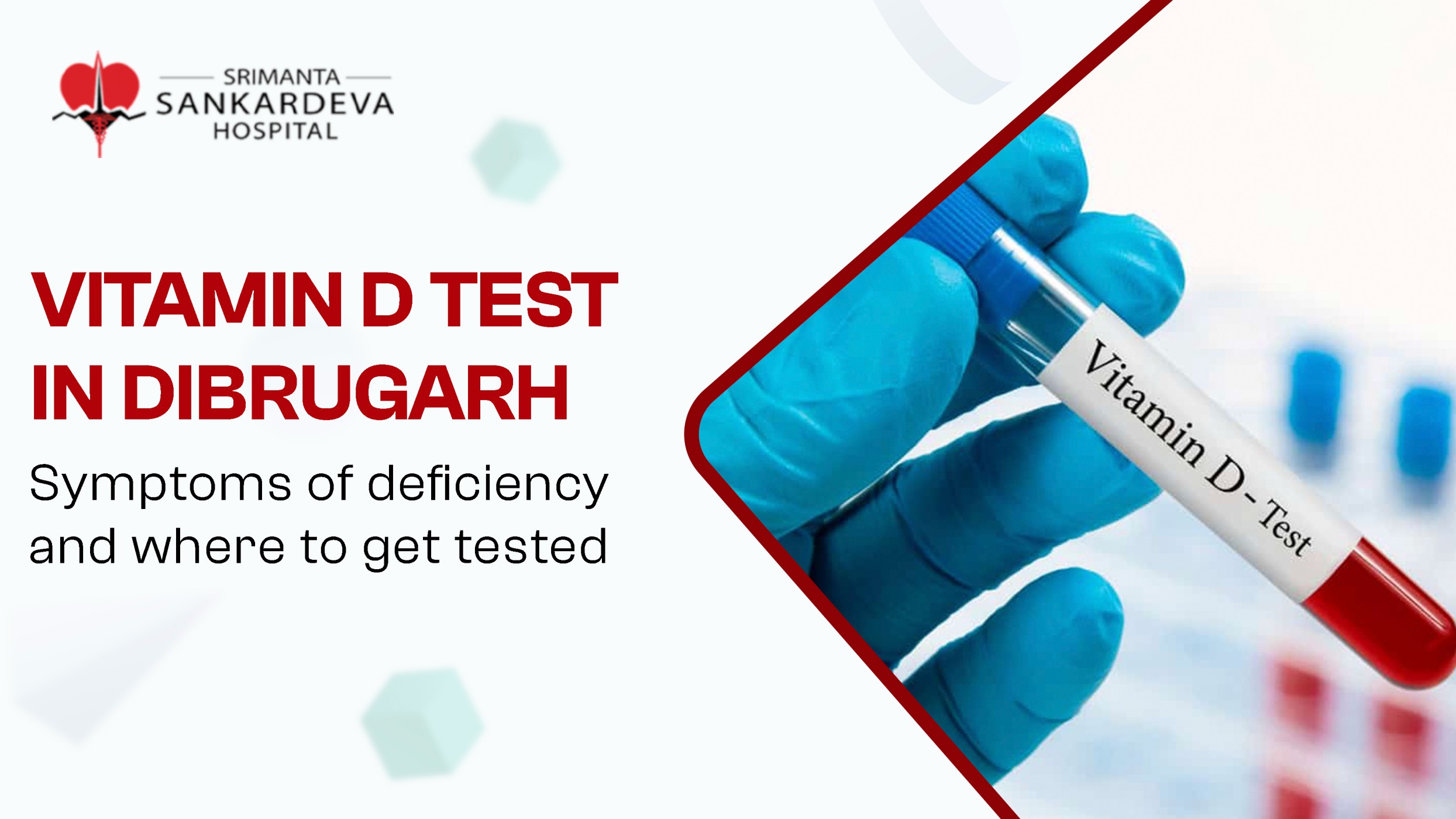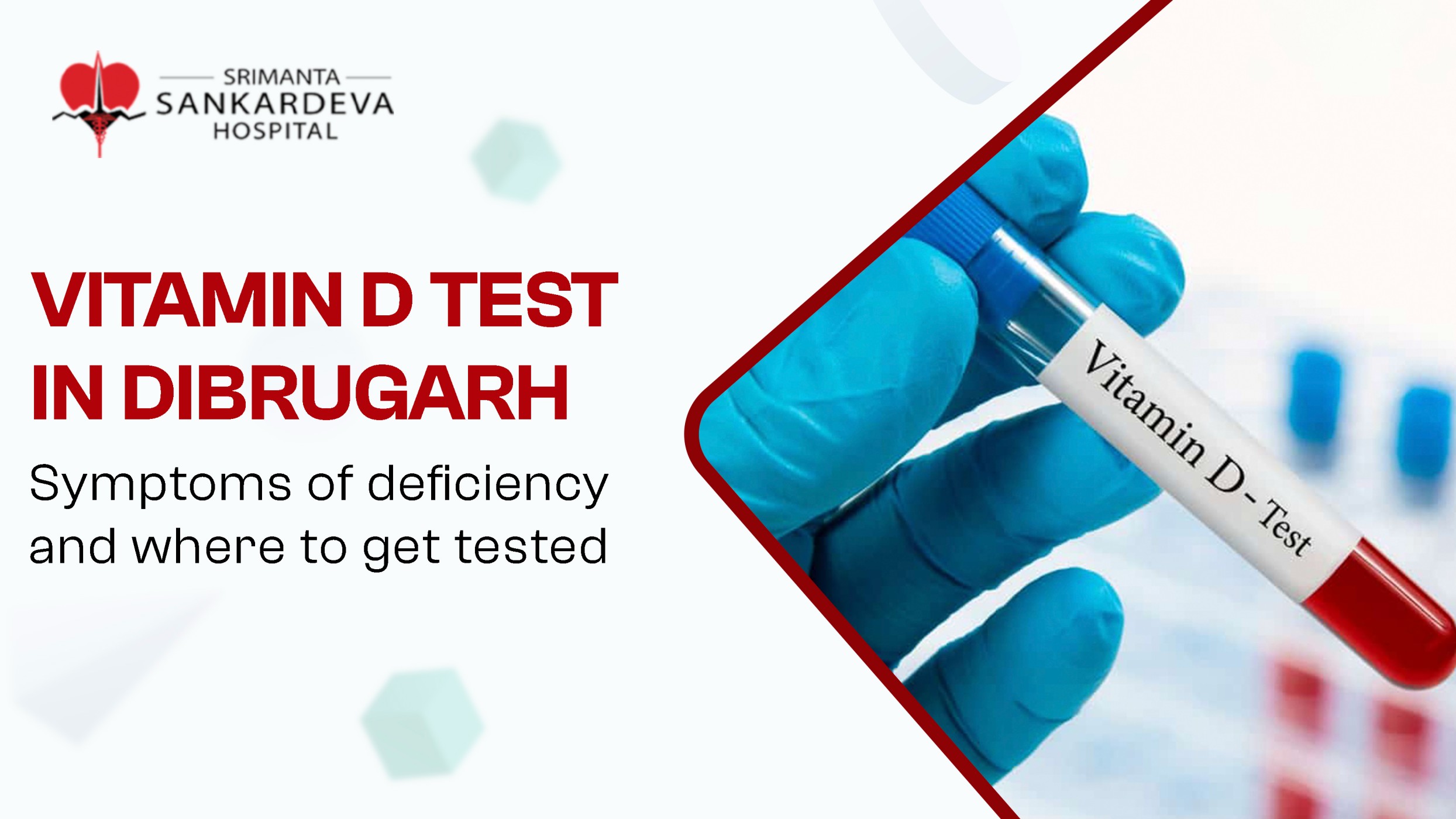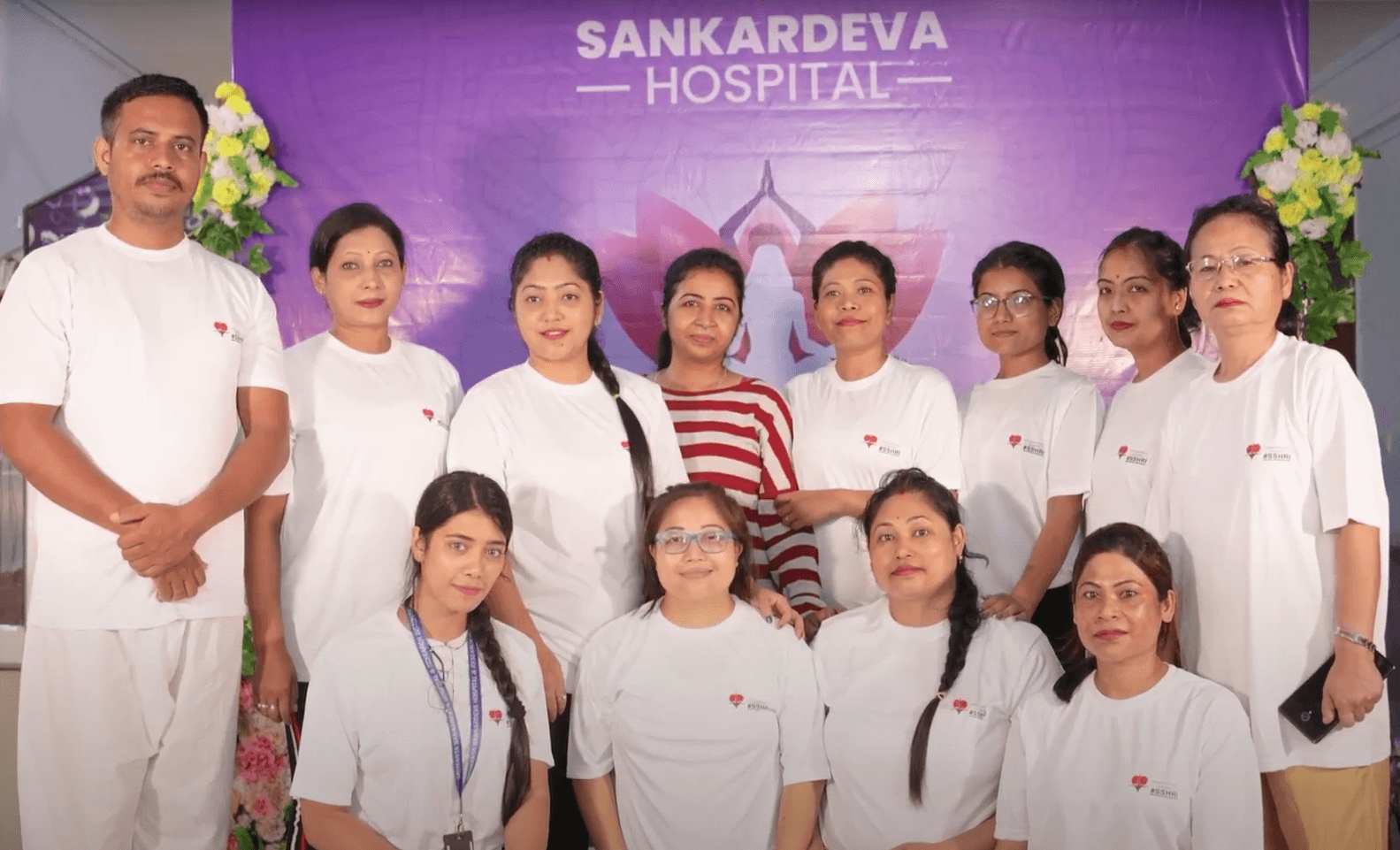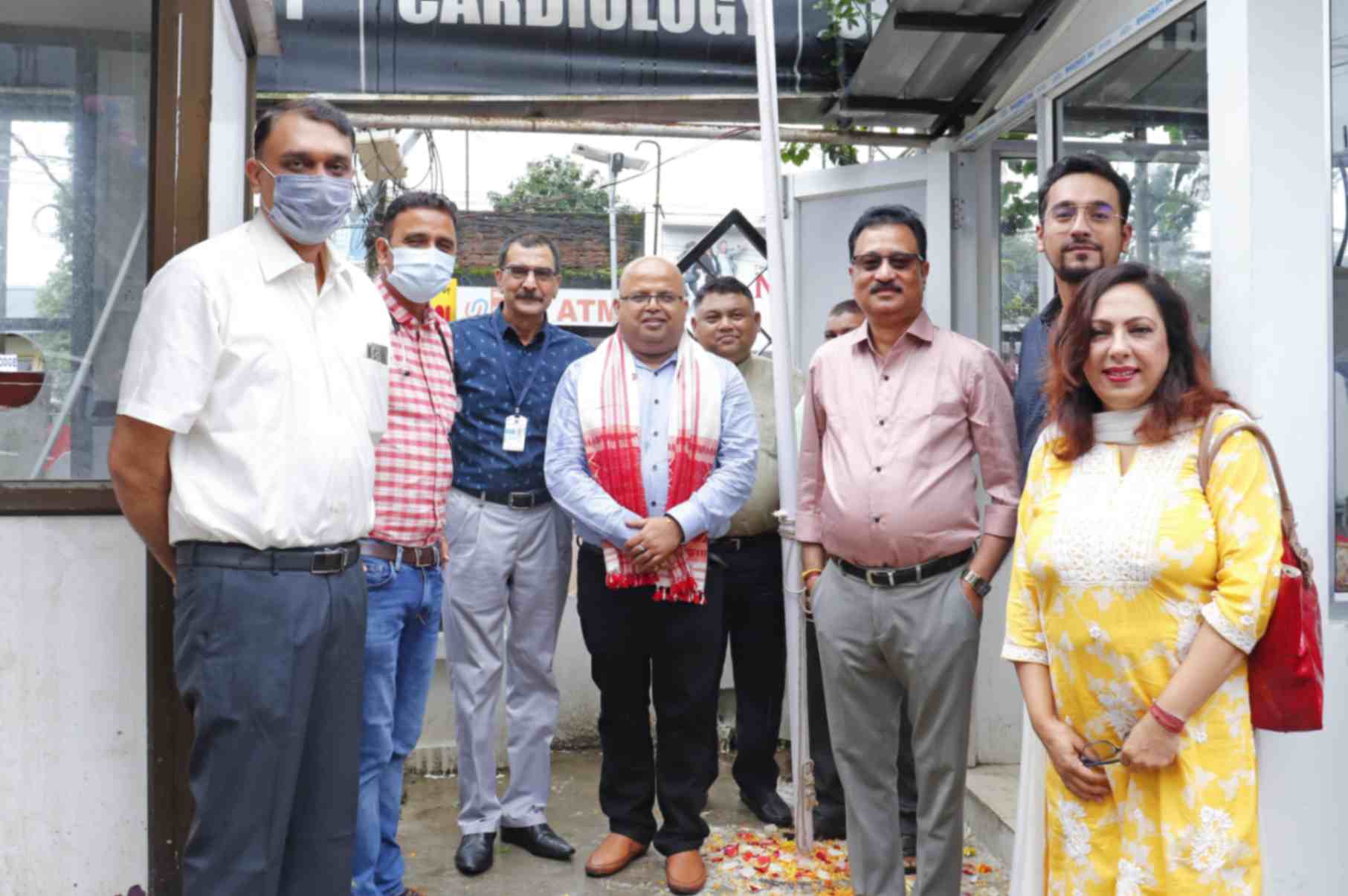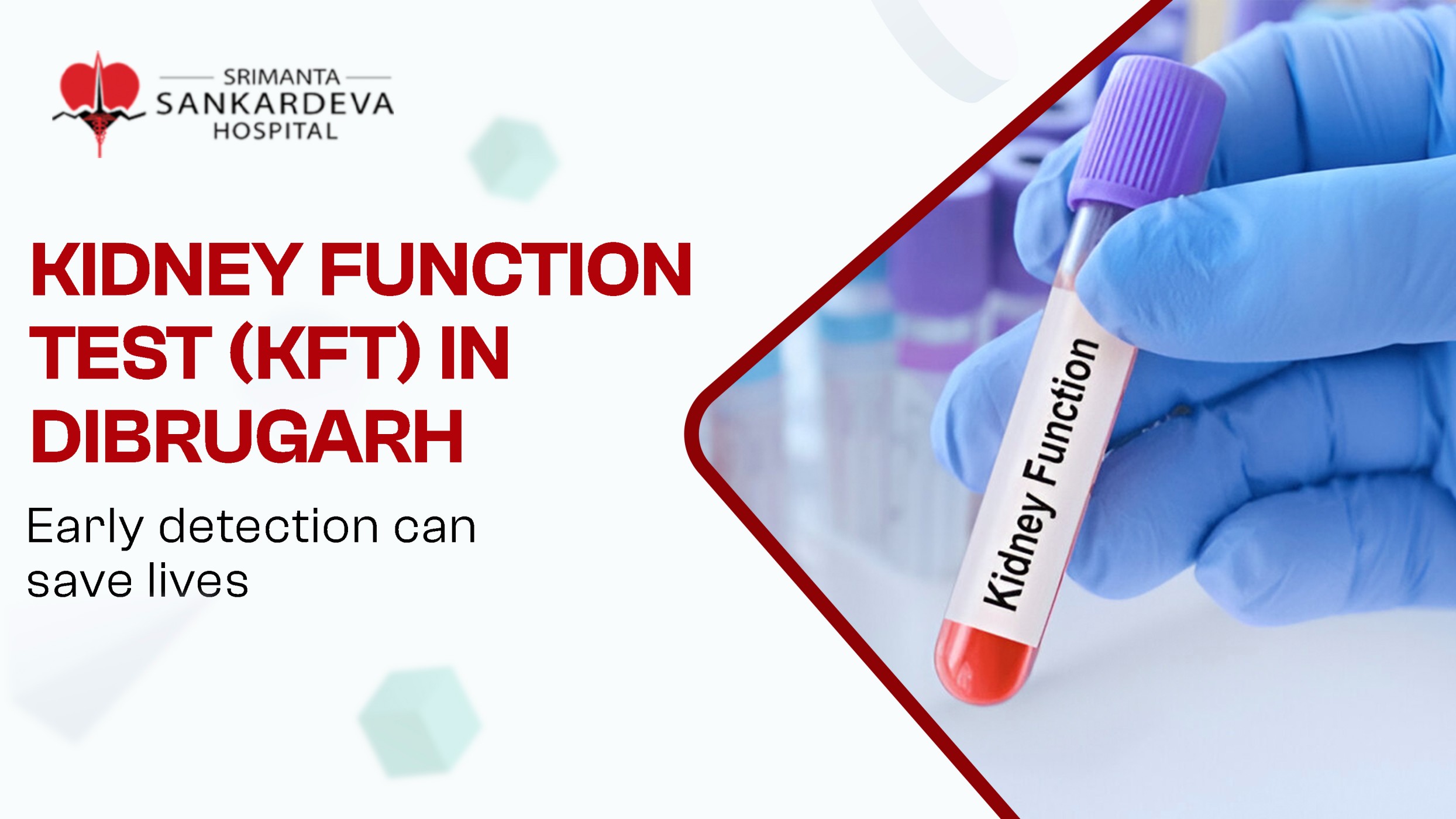
Importance of Kidney Function Test (KFT) in Dibrugarh for Early Detection and Care
Your kidneys work silently behind the scenes, filtering waste, balancing fluids, regulating blood pressure, and more. However, kidney diseases often show no symptoms until it's too late. That’s why a kidney test in Dibrugarh is crucial—especially if you have conditions like diabetes, high blood pressure, or a family history of kidney problems.
What is a Kidney Function Test (KFT)?
Understanding the KFT Blood Test
A KFT blood test in Dibrugarh evaluates how well your kidneys are performing their job. It typically includes:
- Blood Urea Nitrogen (BUN): Measures waste in the blood.
- Serum Creatinine: Indicates kidney filtration capacity.
- Estimated GFR (Glomerular Filtration Rate): Shows how well your kidneys filter waste.
- Electrolytes (Sodium, Potassium): Assesses fluid and electrolyte balance.
These indicators give doctors a clear picture of your kidney health and help detect any signs of kidney damage early.
When Should You Get a KFT Test in Dibrugarh?
You should consider a kidney function test in Dibrugarh if:
- You have diabetes or high blood pressure
- You experience swelling in the legs or ankles
- You feel fatigued or have trouble concentrating
- You notice frequent urination or changes in urine color
- You have a family history of kidney disease
Early detection can save your life. Don’t wait for symptoms—get tested at the first sign of risk.
Where to Get a Reliable Kidney Function Test in Dibrugarh
At Srimanta Sankaradeva Hospital, we offer a comprehensive and accurate KFT test in Dibrugarh. Our expert pathologists use advanced diagnostic tools to ensure reliable results.
With us, you get:
- NABL-accredited labs
- Same-day reports
- Expert nephrologist consultations
- Affordable pricing
Want to book your test? Visit our KFT Blood Test Booking Page or call us directly for assistance.
How a Kidney Test in Dibrugarh Can Change Your Life
Real Benefits of Early Diagnosis
Getting a kidney test in Dibrugarh is not just a check-up—it's a proactive step to protect your overall health. Early detection allows you to:
- Start preventive treatments early
- Manage underlying conditions effectively
- Avoid dialysis or transplant with timely intervention
- Live a healthier and longer life
Final Thoughts: Don’t Ignore Your Kidneys
Your kidneys may be silent, but they’re vital. At Srimanta Sankaradeva Hospital, we encourage everyone to undergo regular kidney function tests in Dibrugarh, especially if they are at risk.
Act now. Detect early. Live better.
Book your KFT test in Dibrugarh today at Srimanta Sankaradeva Hospital and take a step toward a healthier tomorrow.
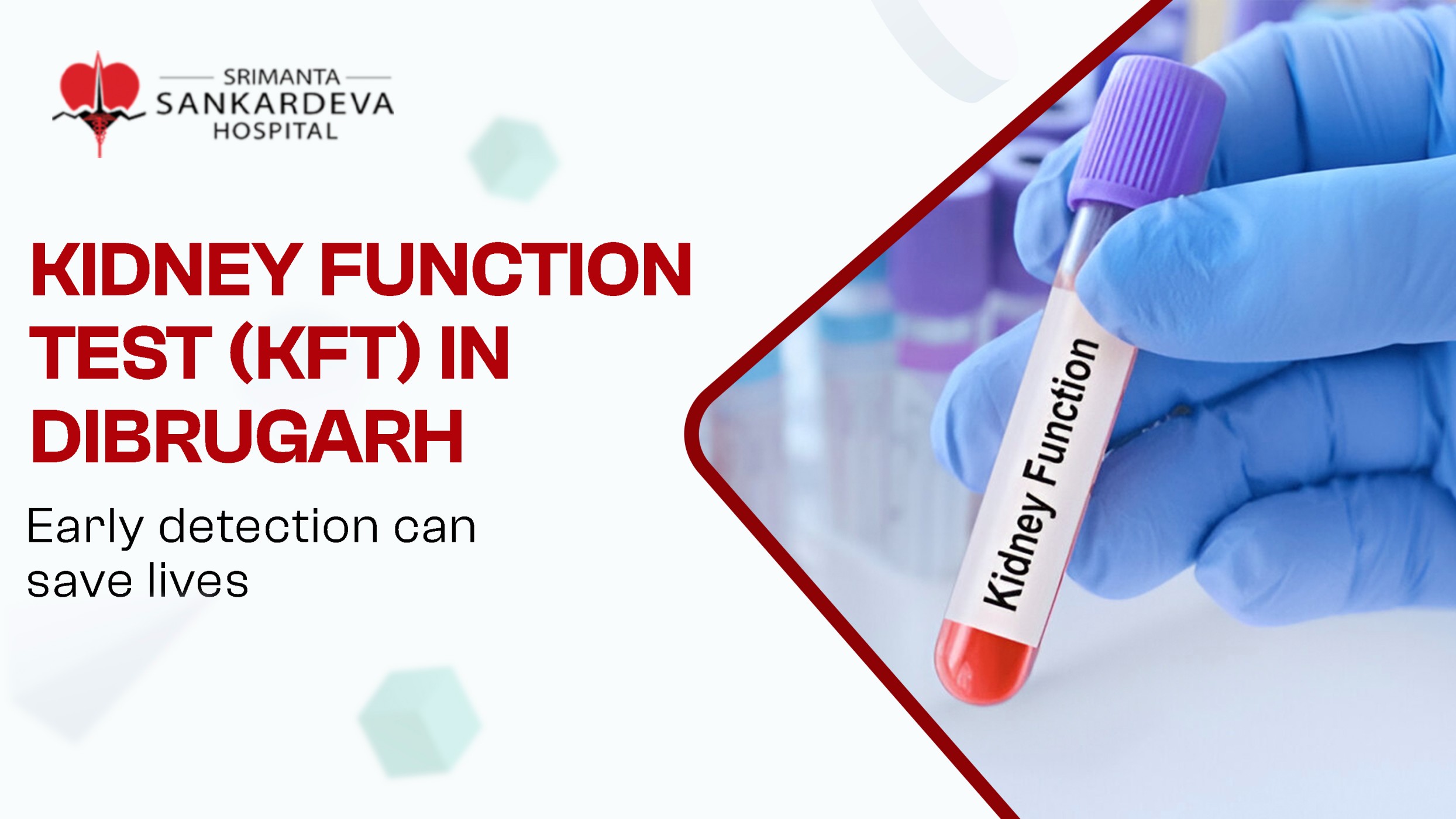

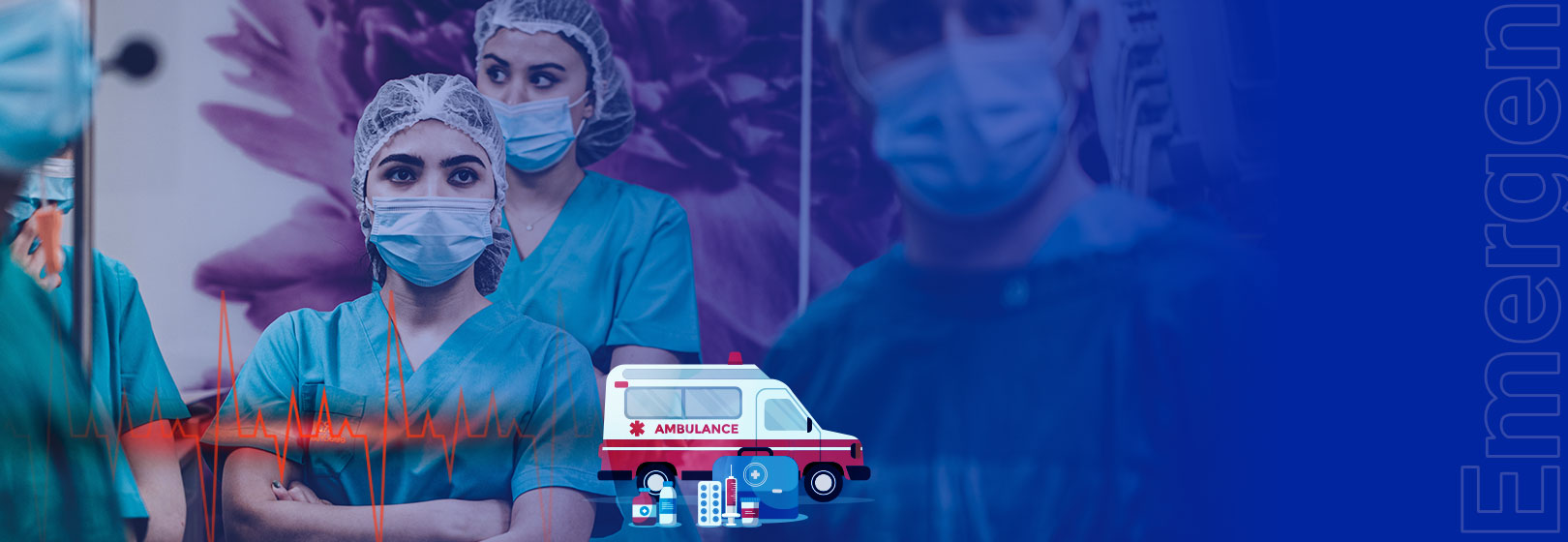
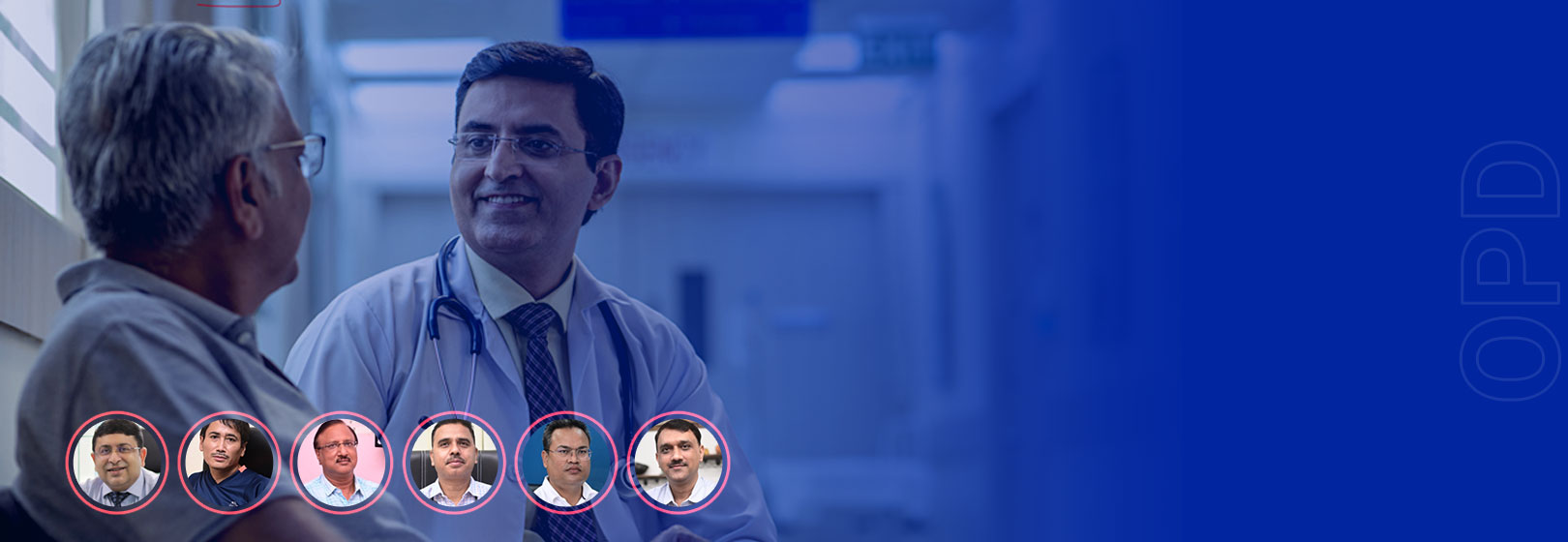
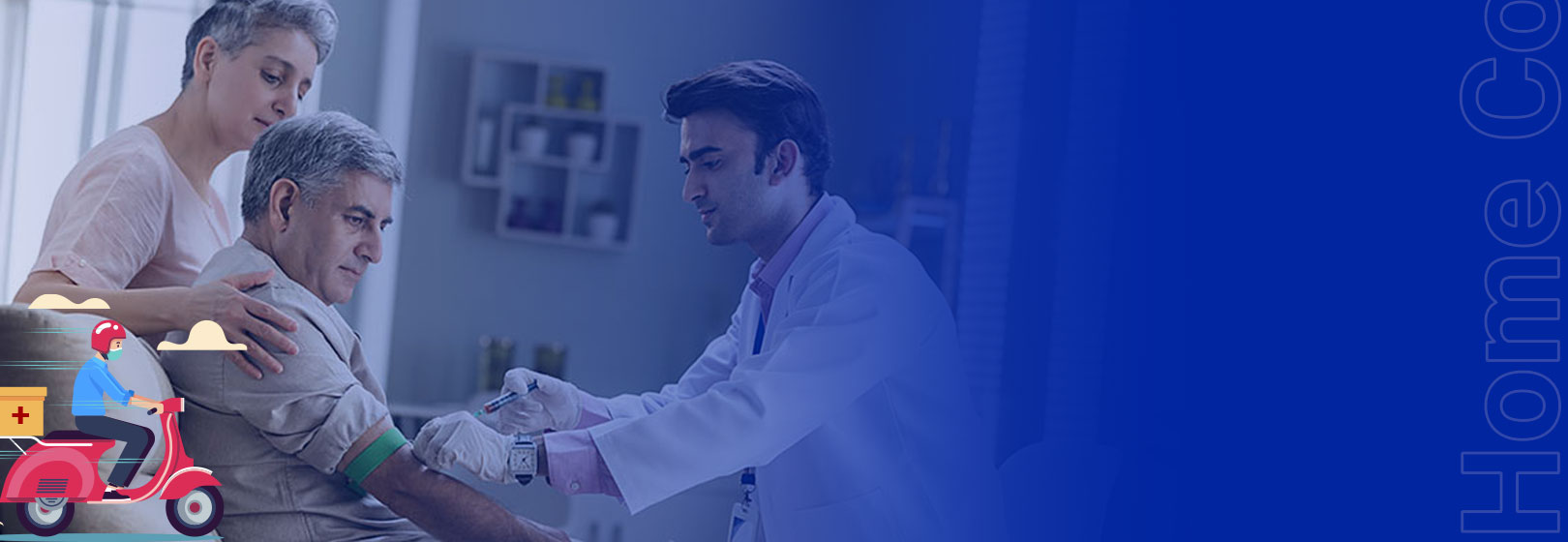
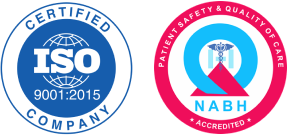
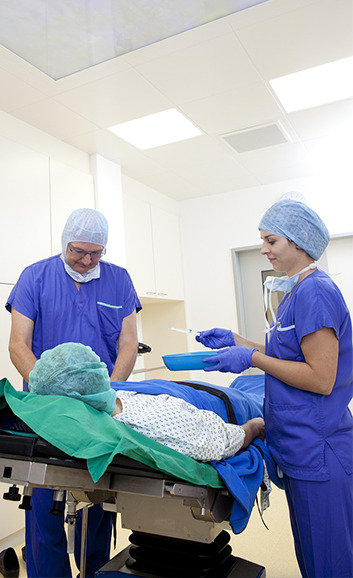
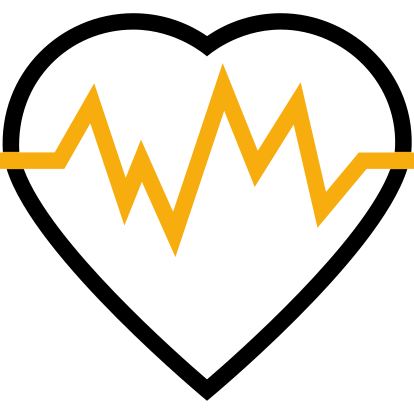 Cardiology
Cardiology
 Dentistry
Dentistry
 Diabetologist
Diabetologist
 Gastroenterology
Gastroenterology
 General Surgery
General Surgery
 Internal Medicine
Internal Medicine
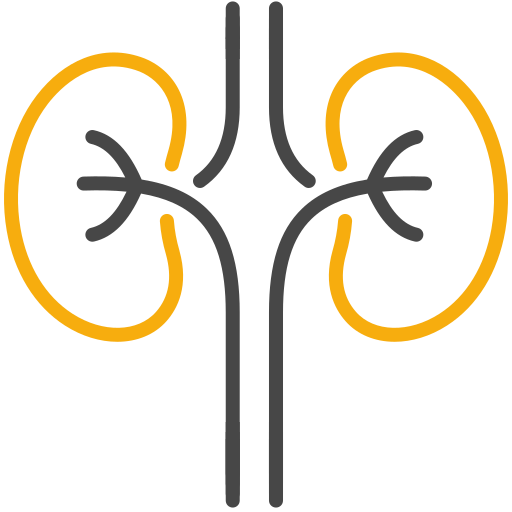 Nephrology
Nephrology
 Neurology & Neurosurgery
Neurology & Neurosurgery
 Obstetrics & Gynecology
Obstetrics & Gynecology
 Oncology & Oncosurgery
Oncology & Oncosurgery
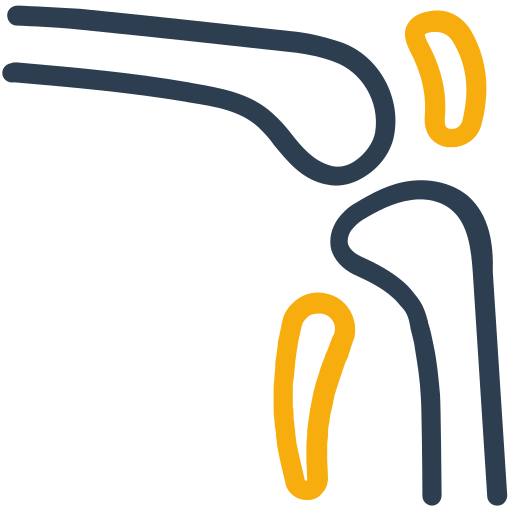 Orthopaedics & Orthopaedic Surgery
Orthopaedics & Orthopaedic Surgery
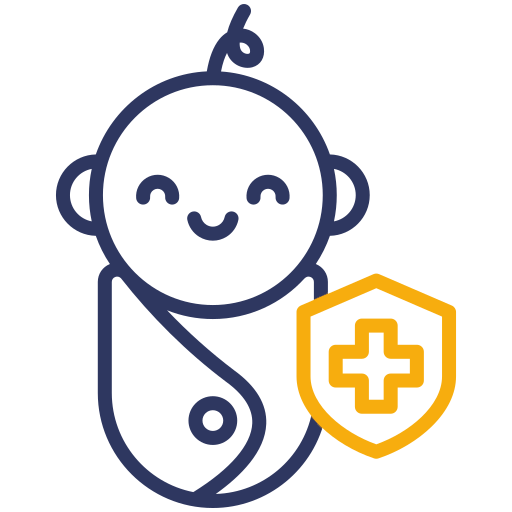 Paediatrics
Paediatrics
 Radiology
Radiology
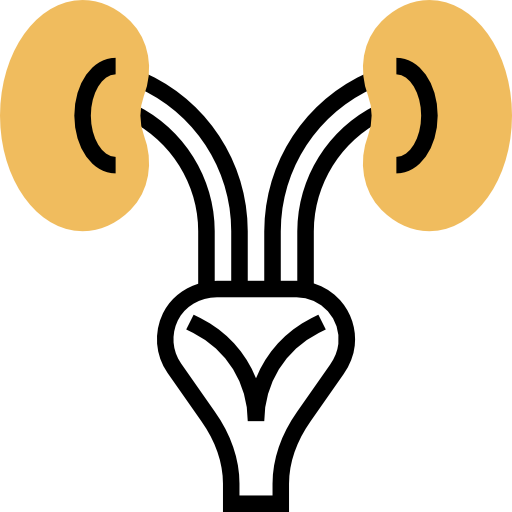 Urology
Urology
